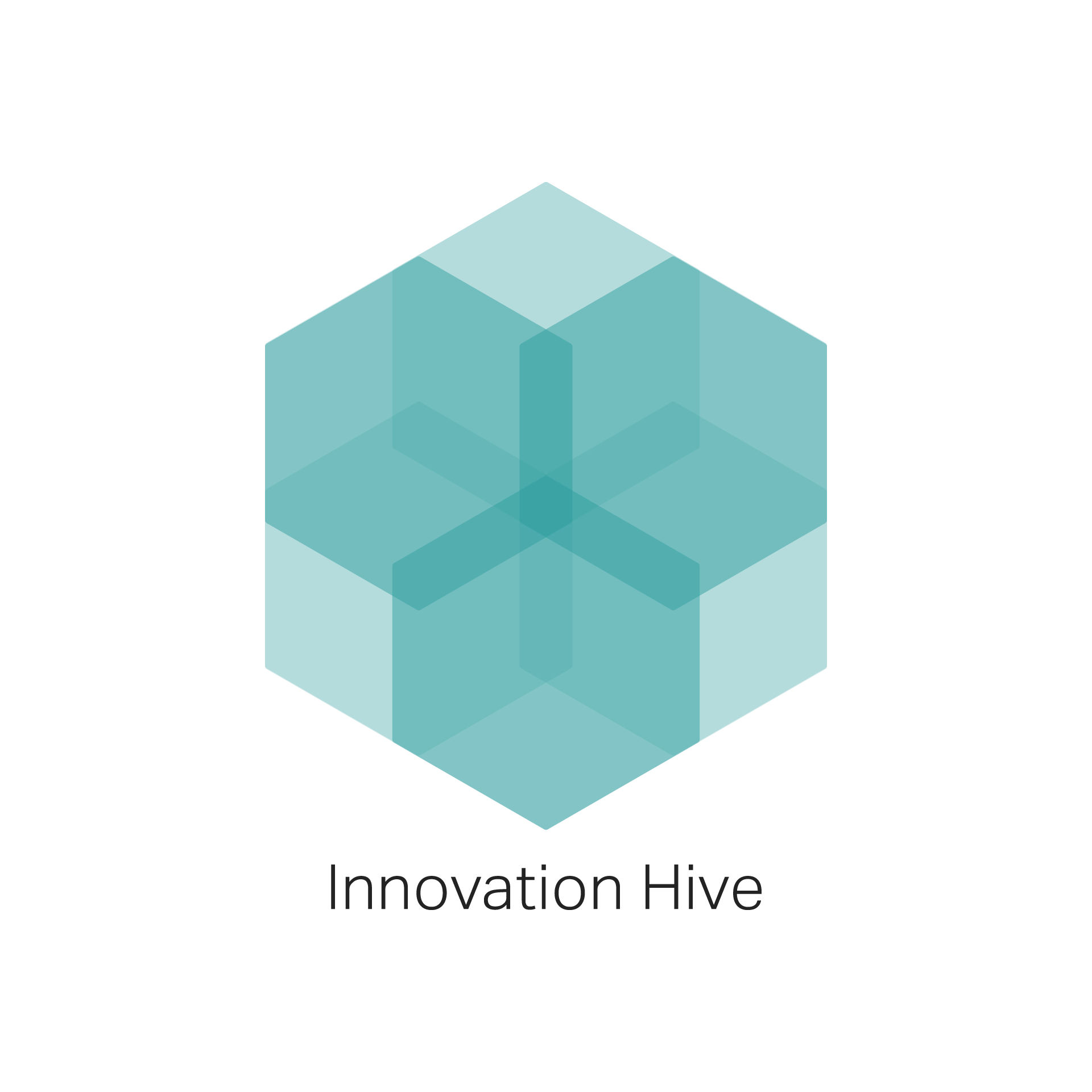In the rapidly evolving landscape of the enterprise world, Emotional Intelligence (EI) has emerged from the periphery to become a central pillar in the strategic framework of Human Resources (HR) departments. The REVIVE5.0 project is a testament to this shift, spotlighting the critical role of EI in navigating the complex transition of Small and Medium-sized Enterprises (SMEs) into Industry 5.0. This article delves into the growing importance of EI in HR, tracing its ascent over recent years and examining its pivotal role in the current and future corporate arenas.
Historically, the business world praised technical skills and IQ as the prime determinants of success. However, the tide has been turning over the past few decades. Daniel Goleman’s seminal work in the 1990s catapulted EI to the forefront of leadership and organizational behavior (Goleman, 1995). EI’s five core components – self-awareness, self-regulation, motivation, empathy, and social skills – began to be seen not just as nice-to-have attributes but as fundamental drivers of effective leadership and management.
Emotional intelligence represents a catalyst for collaboration and innovation. Today’s workplaces are melting pots of diversity, with cross-functional teams collaborating on complex projects. A study by Duhigg (2016) highlighted how EI is critical in fostering an environment where diverse thoughts and ideas are respected and harnessed, leading to innovative solutions.
It is also a key factor when dealing with employee retention and satisfaction. The modern employee seeks more than just a paycheck. A workplace that offers emotional support, recognition, and personal development opportunities is more likely to retain its talent. According to a report by the Society for Human Resource Management (2016), HR professionals adept in EI are better equipped to understand and fulfill these needs, enhancing employee satisfaction and loyalty.
Another important aspect in the workplace, which should not be overlooked, is conflict resolution and Management. Conflicts, if not managed well, can disrupt the workplace. HR professionals skilled in EI can navigate these tricky waters, ensuring conflicts are resolved in a manner that strengthens rather than weakens team dynamics (Mayer & Salovey, 1997).
As industries, including SMEs, gear up for the fifth industrial revolution, change is the only constant. HR professionals with high EI are more adaptable and can lead the workforce through these changes with empathy and clarity (HBR, 2017).
The REVIVE5.0 Project: A Glimpse into the Future of HR
The REVIVE5.0 project embodies the recognition of EI’s importance in the modern workplace. By aiming to develop an innovative Vocational Education and Training (VET) programme for HR Managers in SMEs, the project underscores the necessity of equipping HR professionals with the EI competencies needed to steer their organizations through the choppy waters of Industry 5.0.
Despite the recognized importance of EI, there remains a gap in its systematic development and integration in HR practices. Projects like REVIVE5.0 are crucial in bridging this gap, offering structured training models to develop EI skills and competences systematically.
Finally, the REVIVE5.0 project recognizes the potential for VET (Vocational Education and Training) institutions to act as drivers of change in promoting the importance of EI in the workforce. By incorporating EI into their curriculum, VET institutions can better prepare future employees for success in a constantly evolving job market where EI is becoming increasingly valued.
References:
Goleman, D. (1995). Emotional Intelligence.
Duhigg, C. (2016). What Google Learned From Its Quest to Build the Perfect Team. The New York Times Magazine.
Society for Human Resource Management. (2016). Employee Job Satisfaction and Engagement Report.
Mayer, J.D., & Salovey, P. (1997). What is emotional intelligence? In P. Salovey & D. Sluyter (Eds.), Emotional development and emotional intelligence: Educational implications.
Harvard Business Review. (2017). The New Science of Team Chemistry.



